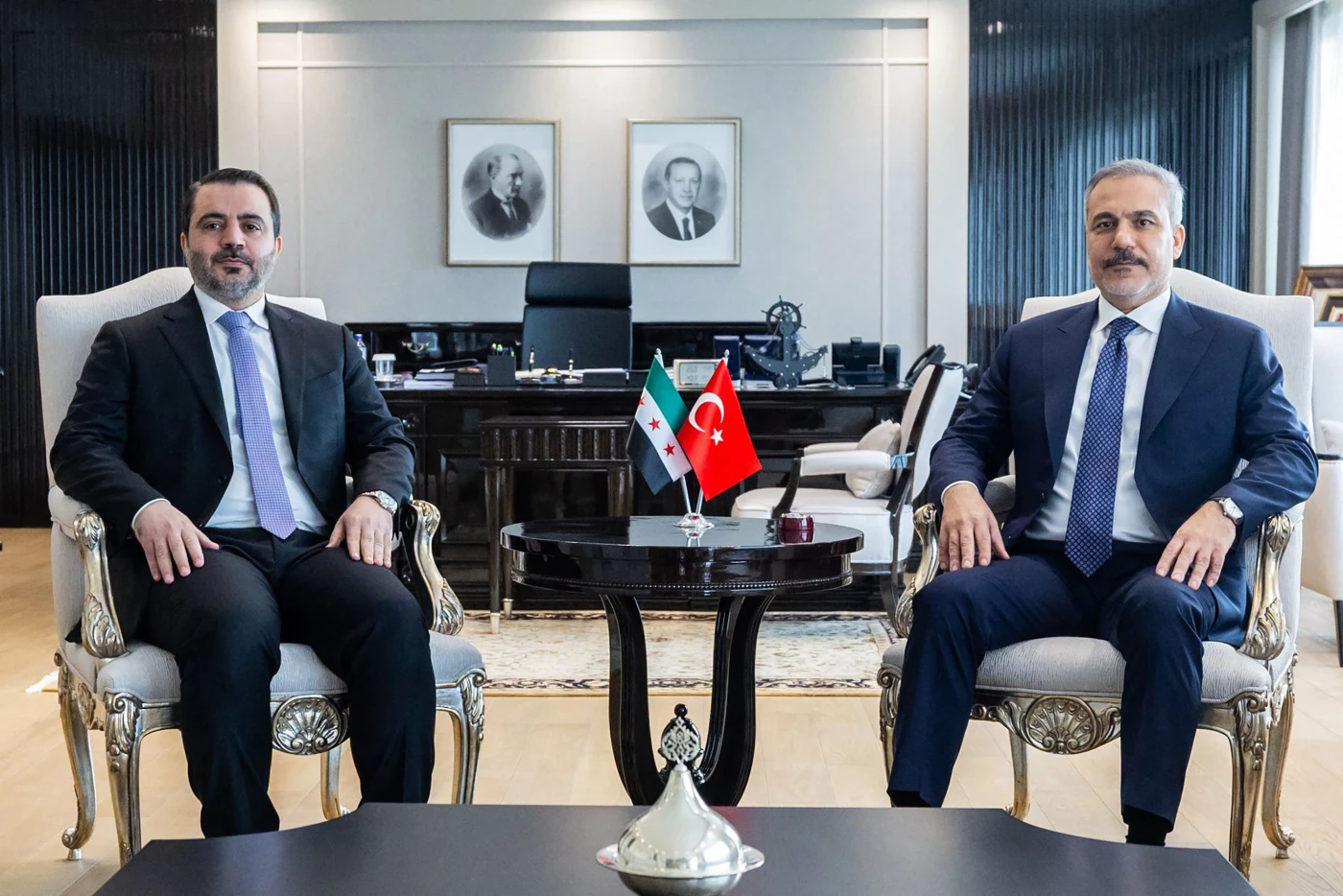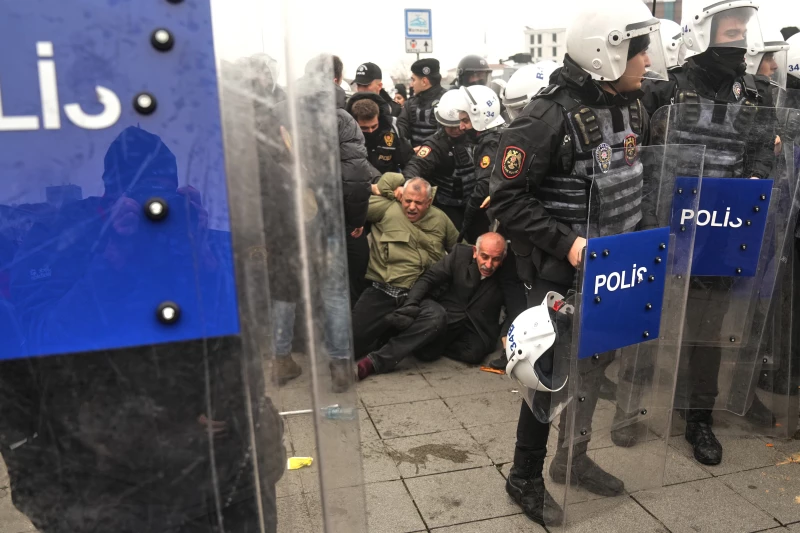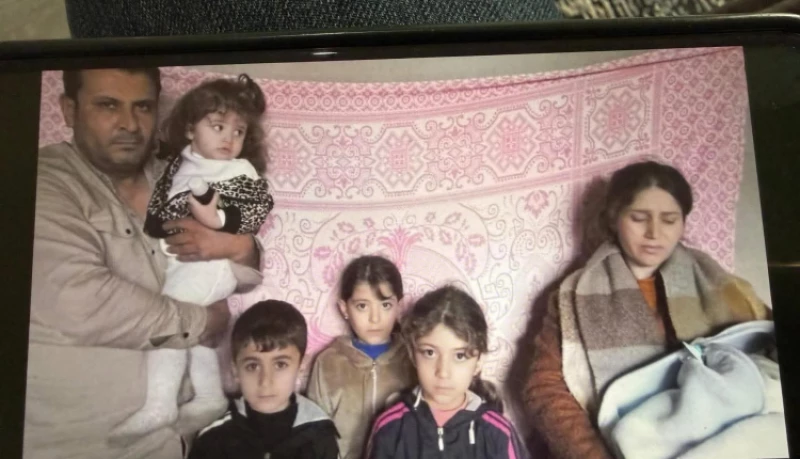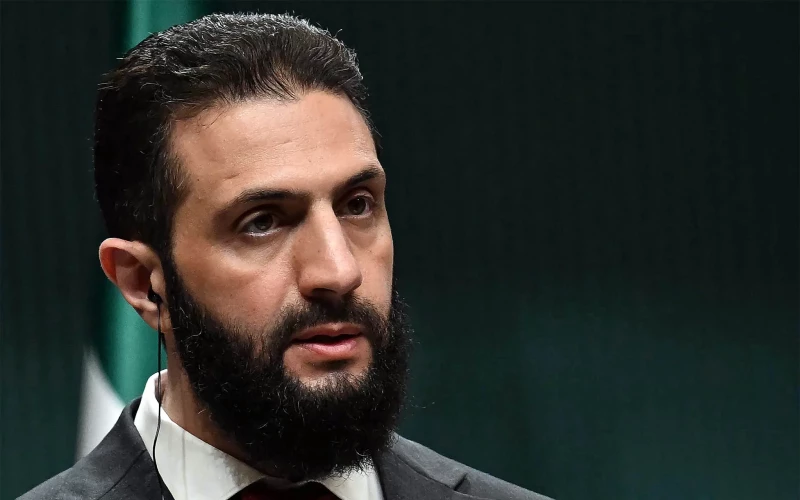ERBIL, Kurdistan Region of Iraq – Turkish Foreign Minister Hakan Fidan on Wednesday called for the “urgent and complete” implementation of the March 10 agreement between the Syrian government and the Syrian Democratic Forces (SDF), accusing the Kurdish-led force of harboring a separatist agenda.
Syrian Foreign Minister Asaad al-Shaibani arrived in Ankara on Wednesday for a meeting with Fidan, following the recent heavy clashes between government forces and the Kurdish-led internal security forces (Asayish) in Aleppo.
“The SDF, which is pursuing a separatist agenda under the guise of fighting ISIS [Islamic State], must now abandon this effort,” Fidan said during a joint press conference with his Syrian counterpart.
The Turkish diplomacy chief added that in his meeting with Shaibani, the pair “evaluated the steps that can be taken regarding the urgent and complete implementation of the March 10 agreement.”
On March 10, SDF chief Mazloum Abdi and Syria’s President Ahmed al-Sharaa signed an agreement that would see the Kurdish-led forces in northeast Syria integrate into the Syrian state apparatus.
For his part, Shaibani noted that “the SDF has been slow” in implementing the March agreement with Damascus, accusing the Kurdish-led force of not taking “any practical steps” to implement the deal yet.
The Syrian minister also stated that Damascus’ dialogue with the SDF is “based on one country, one army, and one territory.”
Fidan argued that Syria’s security is of “critical importance” to Turkey as the two countries “share a 911-kilometer land border,” claiming that, as a result, “elements that threaten Syria's security also constitute a security threat to our country.”
The meeting follows a major armed escalation between Damascus-aligned forces and the Asayish in Aleppo’s Kurdish-majority neighborhoods of Ashrafieh and Sheikh Maqsoud on Monday, which came after a crackdown on demonstrators protesting the government’s unexplained closure of all roads leading to the area.
On Tuesday, delegations from the SDF, led by Abdi, and Damascus, led by Sharaa, came to a de-escalation agreement to halt the clashes.
Ankara has repeatedly called on the SDF to implement the March 10 agreement and integrate its forces into the Syrian state apparatus. The call was echoed by Turkey’s President Recep Tayyip Erdogan on Wednesday.
Turkey considers the People’s Protection Units (YPG), the backbone of the SDF, to be inextricably linked to the Kurdistan Workers' Party (PKK) and thereby sees the SDF as an extension of their now-disbanded domestic foe.
The PKK in May announced its decision to dissolve and disband, upon Ocalan’s historic call, marking an end to their armed struggle against the Turkish state that spanned four decades and claimed tens of thousands of lives.
The US-backed SDF is the global coalition’s main ally on the ground in the fight against the Islamic State (ISIS), and is the de facto army in Rojava.
Kurds and other minorities in Syria have called for decentralized governance, a request Damascus has firmly rejected.



 Facebook
Facebook
 LinkedIn
LinkedIn
 Telegram
Telegram
 X
X


